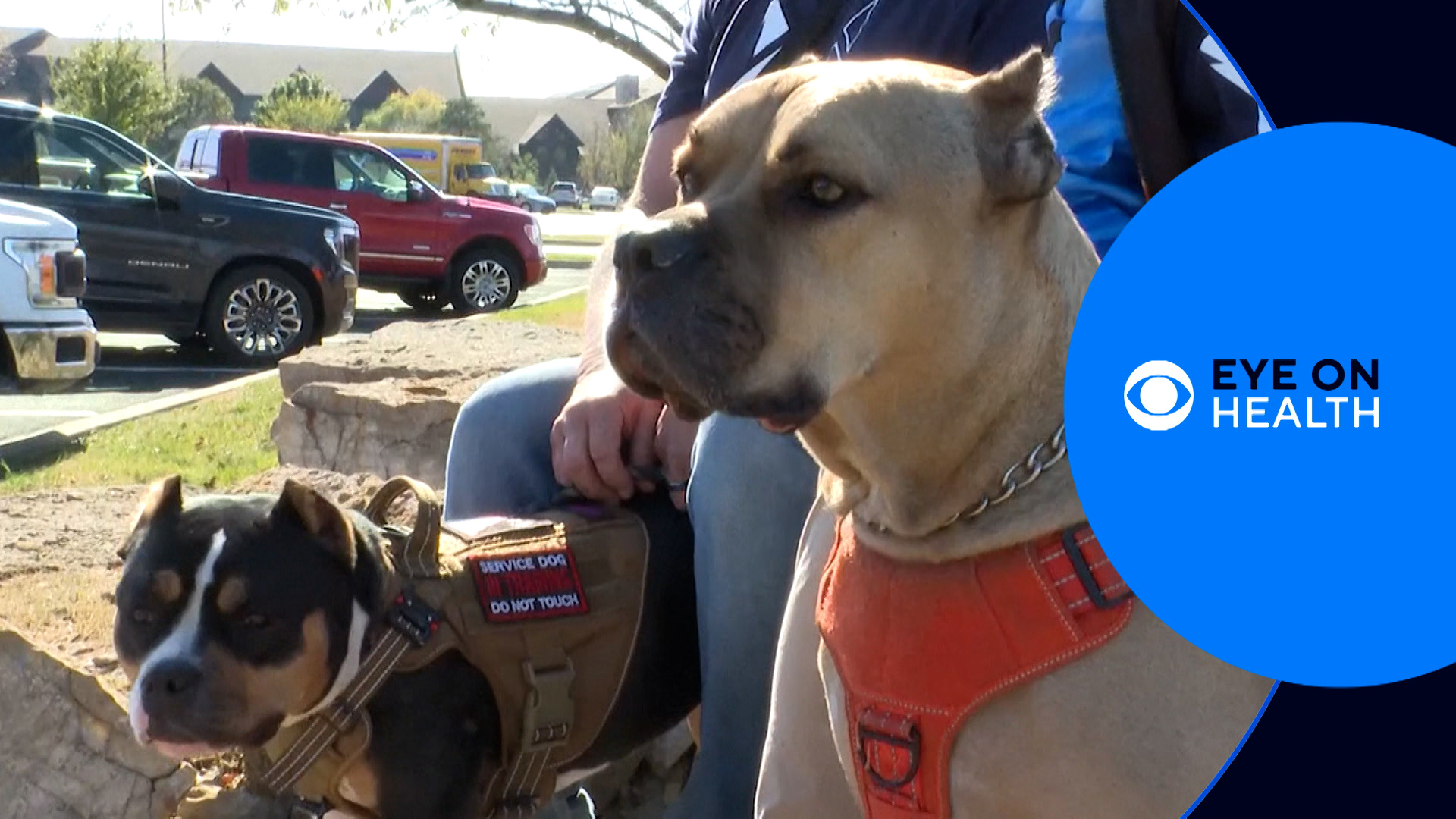WASHINGTON — D.C.'s Ward 8 Councilmember Trayon White is mourning the death of his grandmother, Veronica Norman, who died from COVID-19 on Saturday.
White said that he received a call that his grandmother was home and non-responsive. When the Chief Medical Examiner arrived at the home, they said that they could not transport her body because she was a positive coronavirus case.
"This broke us down even more trying [to] scramble to get her body removed from the house," White said on Facebook.
White said his grandmother served the community and worked at St. Elizabeths Hospital, a public psychiatric facility, for 40 years. White said they advised her to retire and go home so many times, but she was committed to helping her patients until her last day.
"Our family is very thankful [for] the many texts, Facebook messages, and calls we have received. This is the worse time to lose a family member, and we would like to send our love and prayers to those suffering from this virus and other health conditions," said White.
As of April 14, The Department of Behavioral Health (DBH) reported four COVID-19 related deaths at St. Elizabeths Hospital. Forty-three hospital personnel and 28 patients tested positive for the virus, according to DBH data, with an additional 23 staff and 105 patients quarantined.
On April 15, D.C. Mayor Muriel Bowser addressed the city's effort to protect vulnerable populations from the coronavirus.
During the news conference, the District identified residents in D.C. government custody, including St. Elizabeths Hospital, as being vulnerable populations that are impacted by the coronavirus.
Residents in nursing homes, long-term care facilities, homeless shelters, including residents who are unsheltered, and residents at home in vulnerable situations -- domestic violence victims, those with intellectual disabilities, homebound residents, etc. -- were also identified as the city's vulnerable population.
What precautions should you take?
- Avoid close contact with people who are sick.
- Avoid touching your eyes, nose, and mouth with unwashed hands.
- Wear a mask if you have to make an essential trip outside
- Wash your hands often with soap and warm water for at least 20 seconds.
- Use an alcohol-based hand sanitizer that contains at least 60 percent alcohol if soap and water are unavailable.
- Cover your cough or sneeze with a tissue, then throw the tissue in the trash.
Reasons to leave your home under stay-at-home order:
- Grocery store trips
- Medical visits or trips to the pharmacy
- Travel to your essential job
- Exercise such as walks, hikes or bike rides
Commonly reported symptoms of COVID-19 infection include:
- Fever
- Cough
- Shortness of breath
- Pneumonia
If you are sick or suspect you are infected, the Centers for Disease Control and Prevention recommends taking the followings steps:
- Stay home except to get medical care
- Avoid public areas, including work or school
- Avoid public transportation
- Separate yourself from other people and animals in your home
- Contact your doctor via telemedicine for more guidance
RELATED: Coronavirus: Here are the symptoms
Check the status of the virus in your state with your state health department's websites by tapping below:



